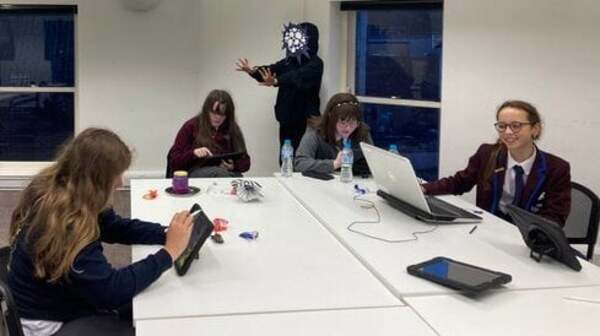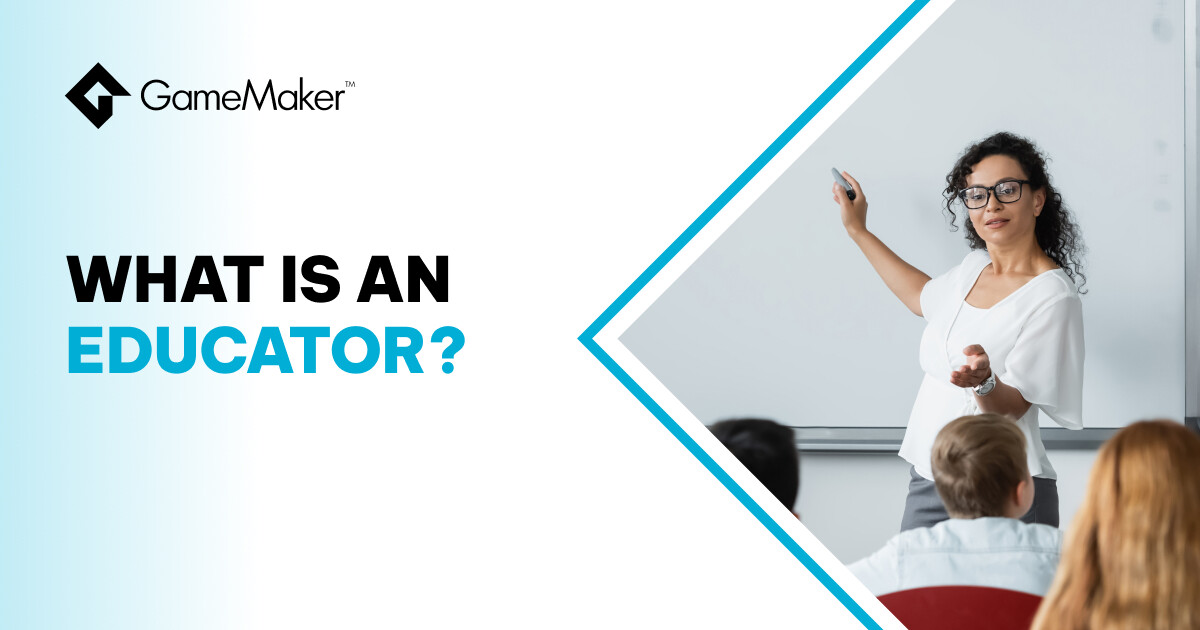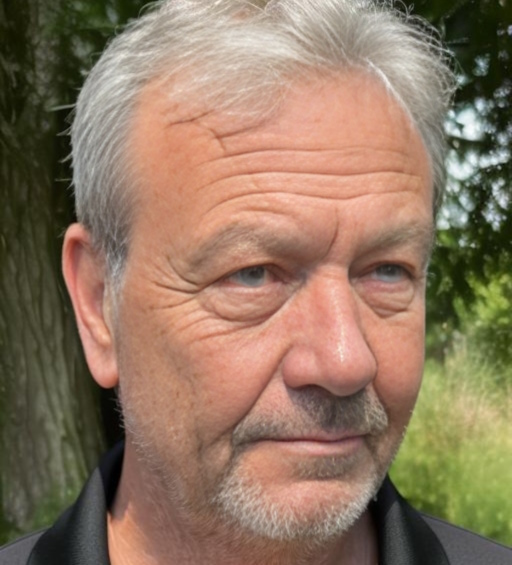Frank Moody, head of Education Relations at GameMaker, has spoken to hundreds of educators during his career. Some work for schools and universities, some lead after-school programs, and others are home-schoolers looking to support their children’s passions.
But what exactly is an ‘educator’? Do you need certification to carry a label like that, or can anyone use the term? In this article, Frank explores what it really means to be an educator.
Teacher vs Educator: What’s the difference?
I’ve been thinking a lot about the word ‘educator’. I meet hundreds of people in the education space who refer to themselves as ‘educators’. Sometimes they have a teaching qualification, and sometimes they don’t.
Should that matter? Does a piece of paper legitimize one group and disqualify the other, when every one of them would preach the same passion for the subjects and students they teach?
This all led me to a 2017 Medium article by Robert Peters, entitled ‘The Difference Between a Teacher and an Educator’. He defines teachers as ‘one whose occupation is to instruct’, and educators as ‘a person who gives intellectual, moral, and social instructions’.
Here’s the line that stuck with me: ‘You can be a teacher and not be an educator, you can be an educator and not be a teacher, or you can be both.’
I was struck by how hard it must be to be an ‘educator’ in today’s classrooms, particularly in the United States. Between test mandates, school board politics, and social media distractions, it must feel like a minefield.
It takes a village
It reminded me of the old adage ‘It takes a village to raise a child’. It was then that I began to contemplate what a modern village would look like - one fit for the digital age, which could help young people navigate a complex world and follow their passions without restrictions.
A little research brought me to a 2016 article in Edutopia by Nicole Edwards, entitled ‘Five Reasons Your After-school Practitioner is your Biggest Ally’. She explores how out-of-school time (OST) practitioners can act as a bridge between educators and their students’ families.
That was when it hit me: these after-school clubs are the village. Invaluable and unsung havens, run by people who give their time to support and cultivate their students' passions without the pressures that teachers face in their classrooms.

Girls Make Games workshop, run by Kippie
The kids are alright
My own experience at Every Hour Counts has given me a unique perspective on how out-of-school programs have risen to this challenge, especially in Student Voice, DEI (diversity, equity, and inclusion), and STEM (science, technology, engineering, and math).
In my role at GameMaker, I get to see a lot of incredible people putting in the hours to bring these after-school programs to life - organizations like Million Girls Moonshot, Prime Time Palm Beach County and Youthprise.
The people who run these workshops give their time and share their expertise with young people all over the United States, preparing the next generation of kids for the next generation of jobs.
Funders, intermediaries, and on-the-ground programs work together with school districts to open learning opportunities for every student. These are the villages that are raising our children, and they’ve been created by dedicated, unsung educators all over the world.
How GameMaker can help
These educators are an inspiration to me, and to all of us at GameMaker. I believe that it does take a village to raise a child, especially in this day and age, and GameMaker is a part of that village.
We’re part of that village because we’re educators, too. If we accept an ‘educator’ to be someone who ‘gives intellectual, moral, and social instructions to those on a learning journey’, then, yeah, we’re educators - and proud of it.
We don’t just advocate teaching game design to get our game engine out there. We advocate teaching game design because the skills kids learn with our tool are the skills of the future. We prepare kids for the future of work, for a digital age, and we make sure they’re taught efficiently, clearly, and ethically.
GameMaker and its educational resources are free tools designed to enhance the learning ecosystem, and we stand firmly alongside all the educators that are helping to raise a digitally-literate generation.
GameMaker is the industry’s premier 2D game engine, used by thousands of educators every day to teach students how to master the art of game design.
It’s completely free to download, with dozens of written guides and video tutorials to help students bring their video game ideas to life.
Visit the GameMaker Education page for more information and to download your free learning materials.


